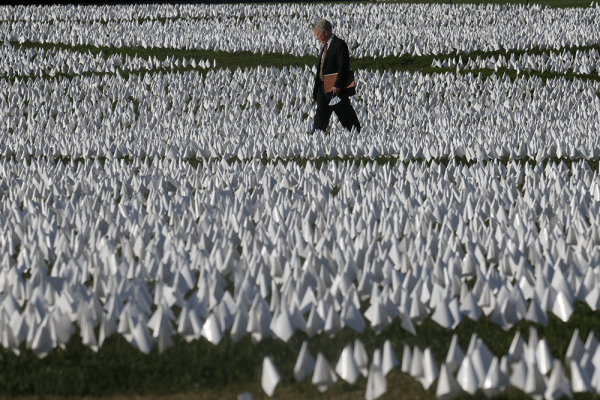May 5, 2022
Since the pandemic upended life as we knew it over two years ago, I have found the apostle Paul’s letter to the church at Corinth particularly instructive. In 1 Corinthians 12, Paul provides one of the most poignant metaphors in all of scripture, comparing the health of the church to that of the human body — a comparison that also applies to the health of our broader communities, nation, and world.
Read the Full Article

Already a subscriber? Login
